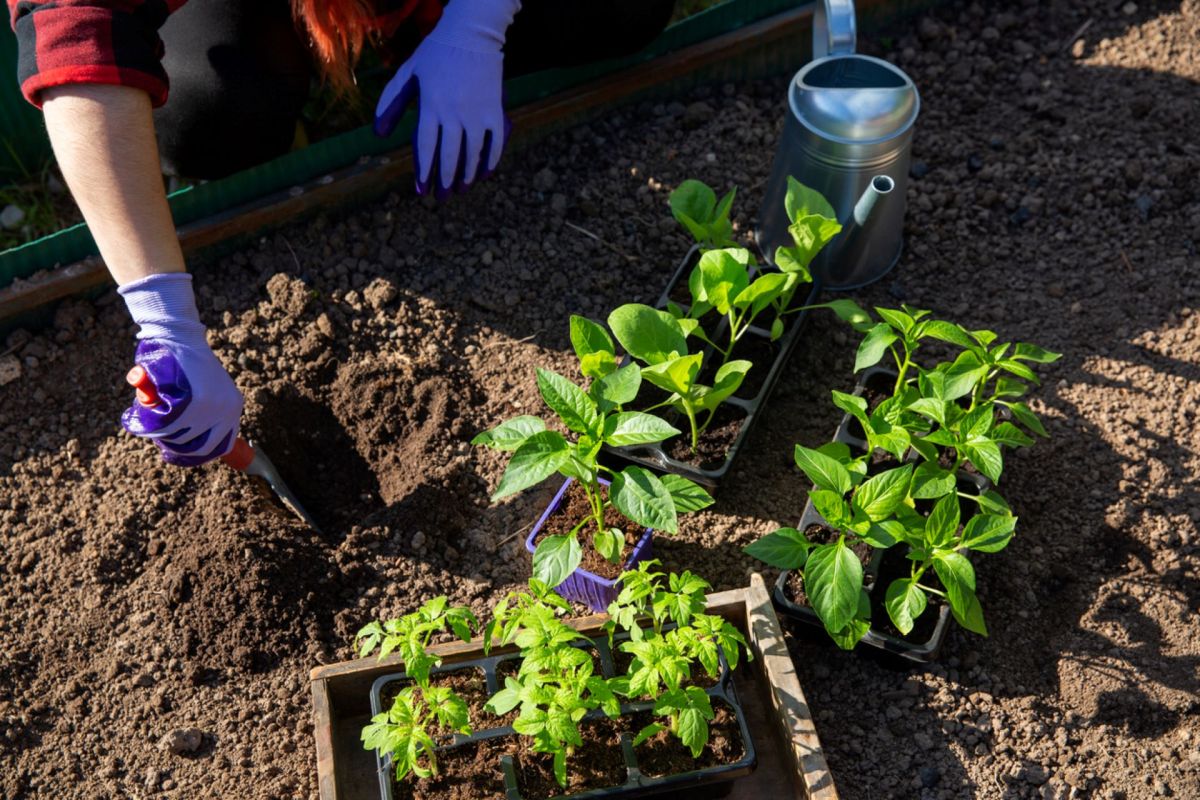Every gardener dreams of a bountiful crop — but overabundance poses its own challenges. A novice gardener went to Reddit to seek advice after their Brussels sprouts started growing out of control.
"I have made an error," they confessed. "I planted Brussel sprouts like a FOOL. I DIDN'T KNOW THEY COULD GET SO BIG. The leaves are bigger than my face. The poor pepper plant in there with them is absolutely getting smothered. The pepper plant is about 6-8 inches tall, could I transplant it and leave the brussel sprouts to do their thing? Will transplanting it now kill it?"
Fortunately, the community was quick to jump in with advice. "What zone do you live in? … I'd work out what is seasonal in your area and rip out the one that doesn't fit," one person wrote.
The poster responded, "It's my first year growing [here in Canada] so I'm still trying to figure out what's going to work."
"Both Brussels and bells tolerate transplanting well," another user chimed in. "If they're already crowded this early, I'd separate them as soon as possible."
Commenters also urged the gardener to consider their goals.
"Bell peppers have a pretty short, intense growth pattern. So disturbing them might mean you don't get fruit before winter," someone noted. "Brussels have a really long, slow growth pattern, so disturbing them more is probably the safer bet."
It can take trial and error, as this gardener learned, but starting a home garden isn't too difficult — and the benefits are multifold.
First of all, gardening is much more cost-effective than buying produce at the supermarket, especially as food prices continue to rise. And since Americans spend a lot on food — it's third only to housing and transportation as a budget category — those savings are no small potatoes.
With seeds available for just $3 a packet, or for free inside the vegetables you buy, the acquisition costs are slim to none. Starting a garden itself is easy — sometimes too easy, as this gardener learned — and it's possible to have kitchen-ready veggies in just a matter of weeks.
Additionally, produce grown in your own backyard is healthier, more nutrient-rich, and fresher than anything you can find in a store. Produce loses a lot of its nutritional value during its transport to supermarkets. Industrially grown produce often also soaks up harmful chemical pesticides and herbicides.
But when you grow the food yourself, you know exactly what goes into it — and the journey to your table is short. Bon appétit.
Join our free newsletter for easy tips to save more, waste less, and help yourself while helping the planet.









